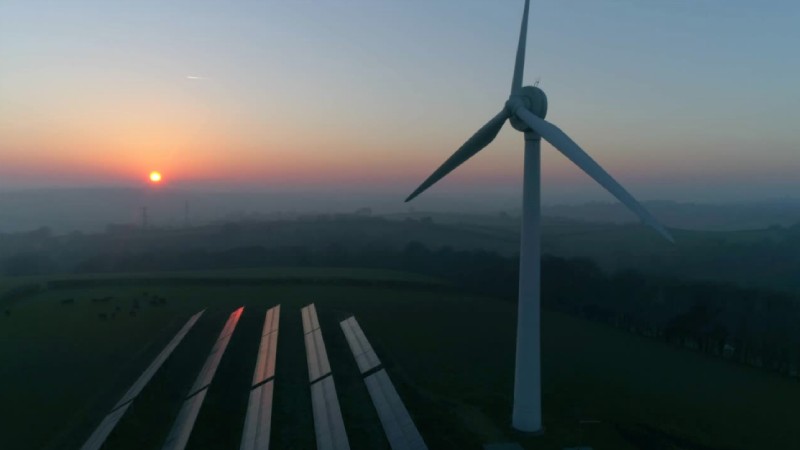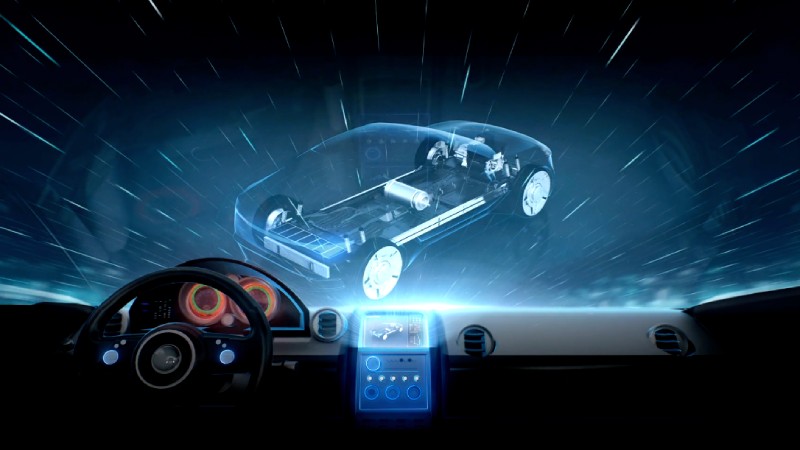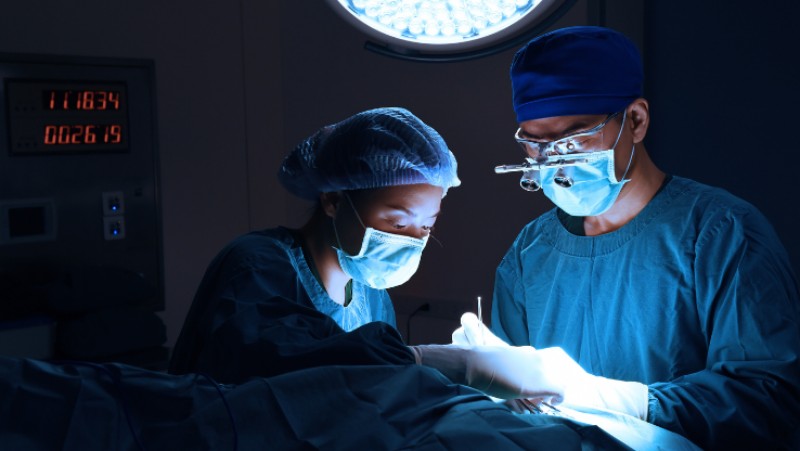We improve population health and healthcare through the development of advanced technologies, devices for personalized health monitoring and health informatics.
As we face the global health challenges of a growing and aging population, our ability to design bioinspired, bioresponsive, and biologically integrated devices and therapeutics is evolving rapidly. From wearable monitors to advanced imaging technologies, from pandemic responses to regenerative medicine, we learn from human diversity to design treatments that improve the health of all.
Connecting Humans and Machines
Through the new UC Davis Center for Neuroengineering and Medicine and projects funded by NASA and the National Science Foundation, mechanical and aerospace engineering faculty members Sanjay Joshi, Jonathon Schofield and Steve Robinson are pushing the boundaries of the developing field of neuroengineering and finding new ways for humans and machines to work together.
A challenge in neuroengineering is that every human and every situation is different, so devices need to be adaptable. Signals the body produces can change with time, and the body can also change after using new devices like the ones Joshi, Schofield and Robinson are developing.









